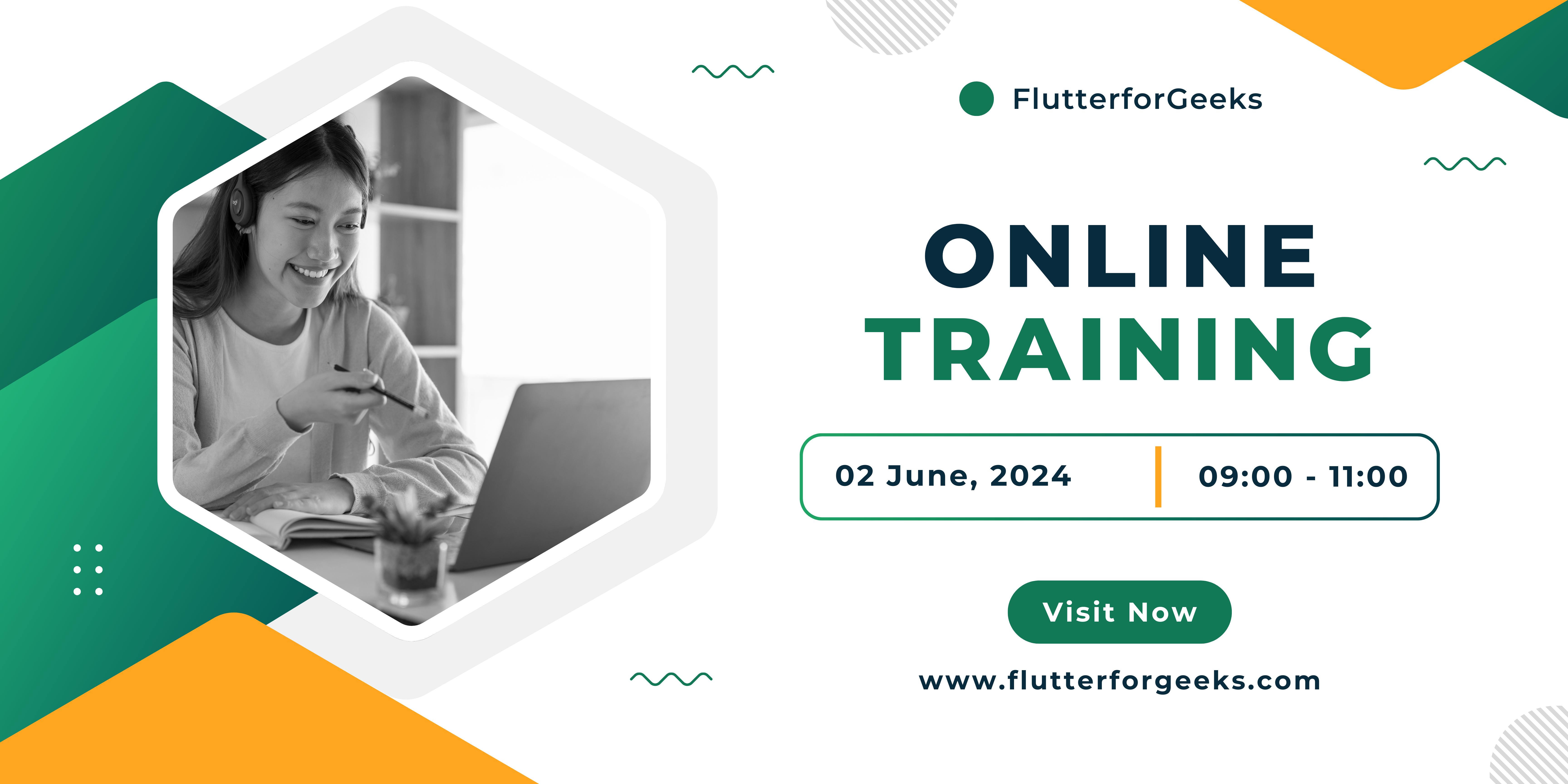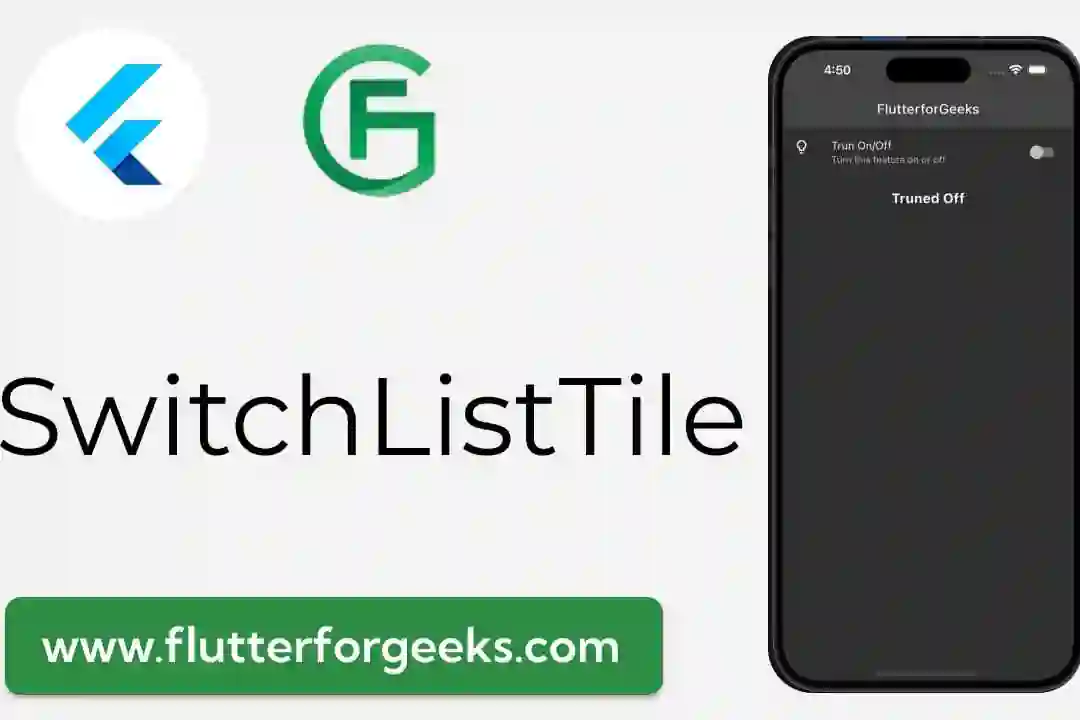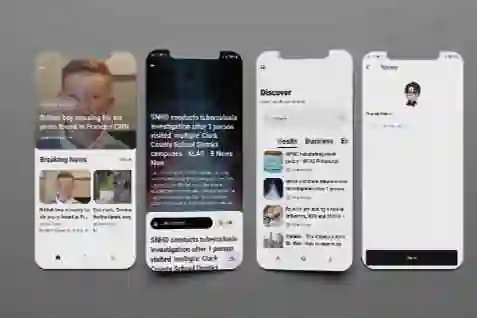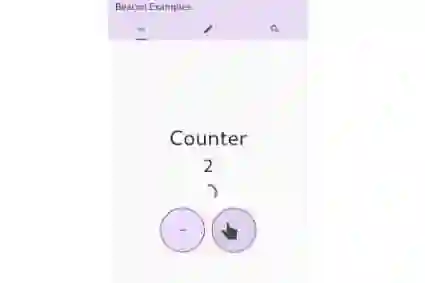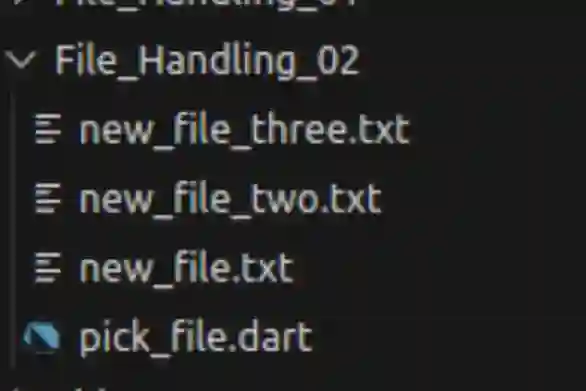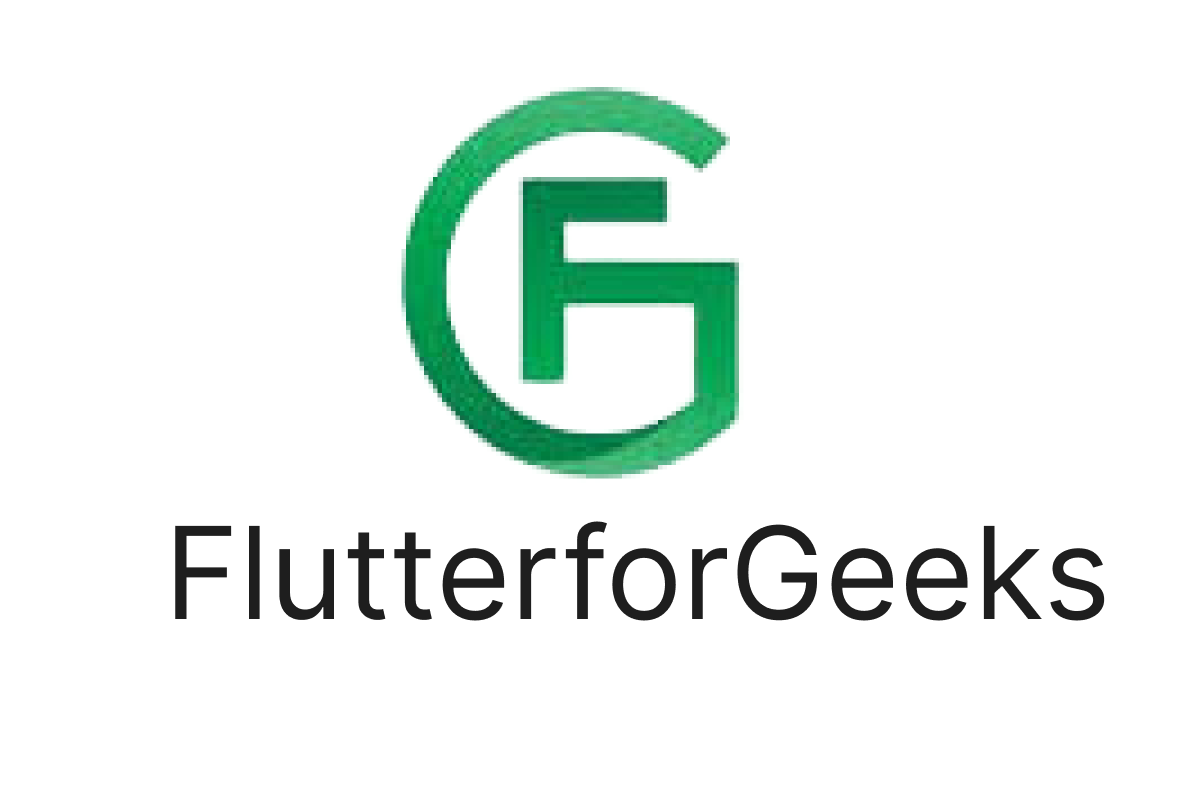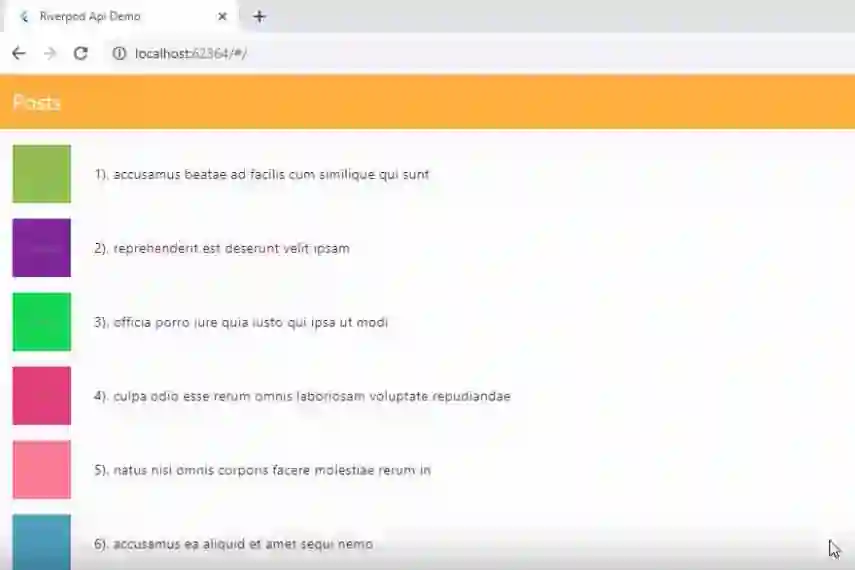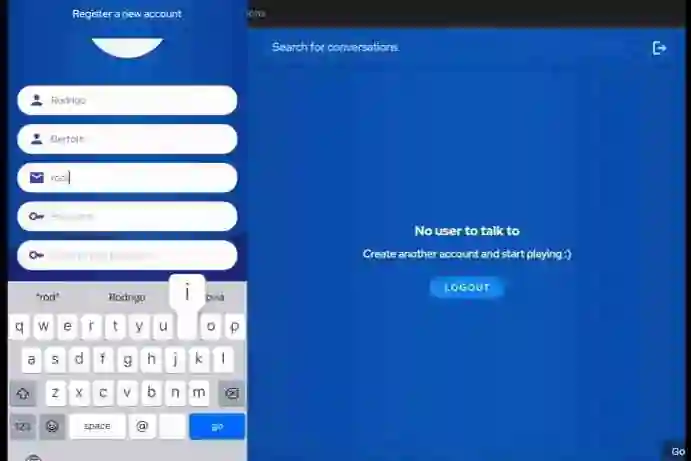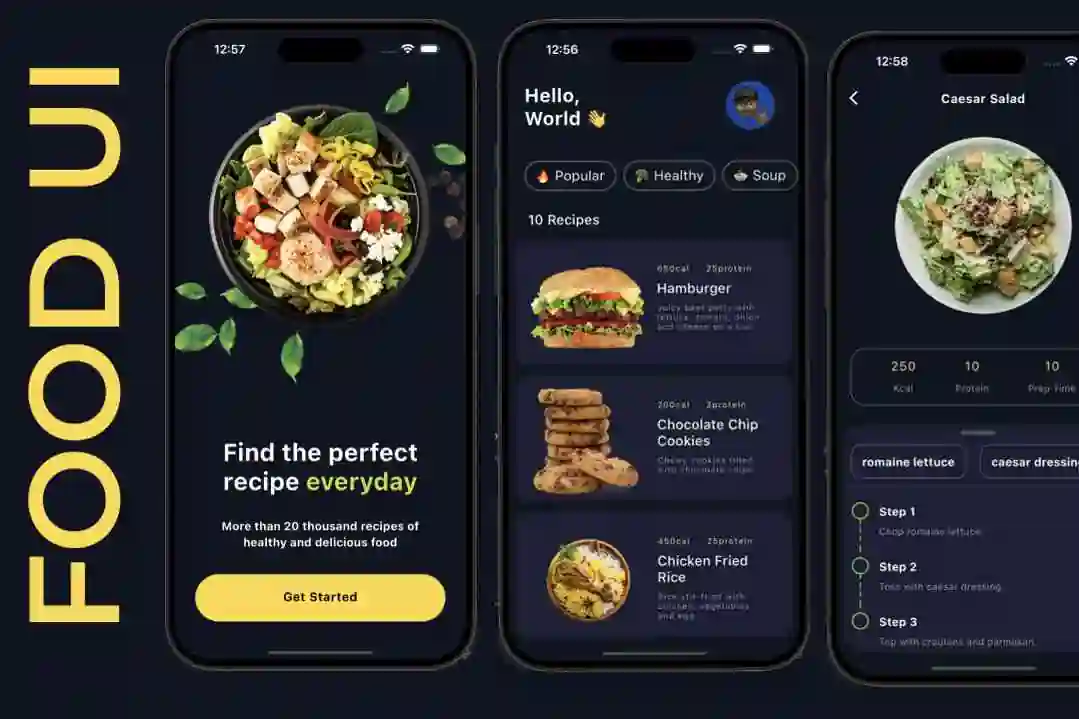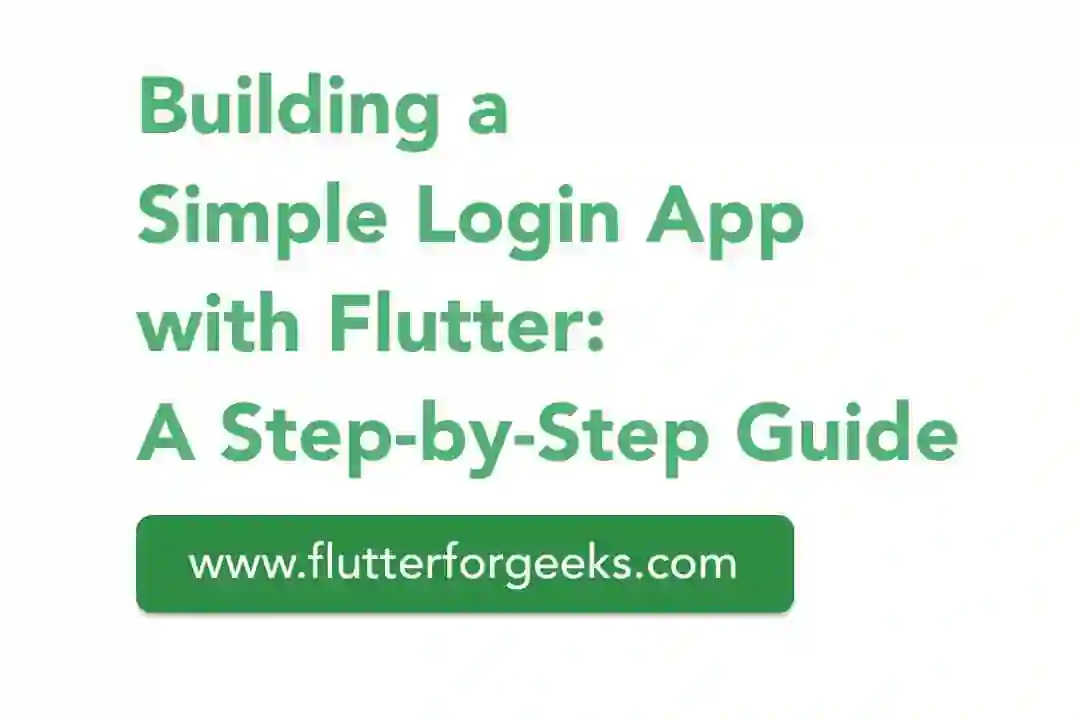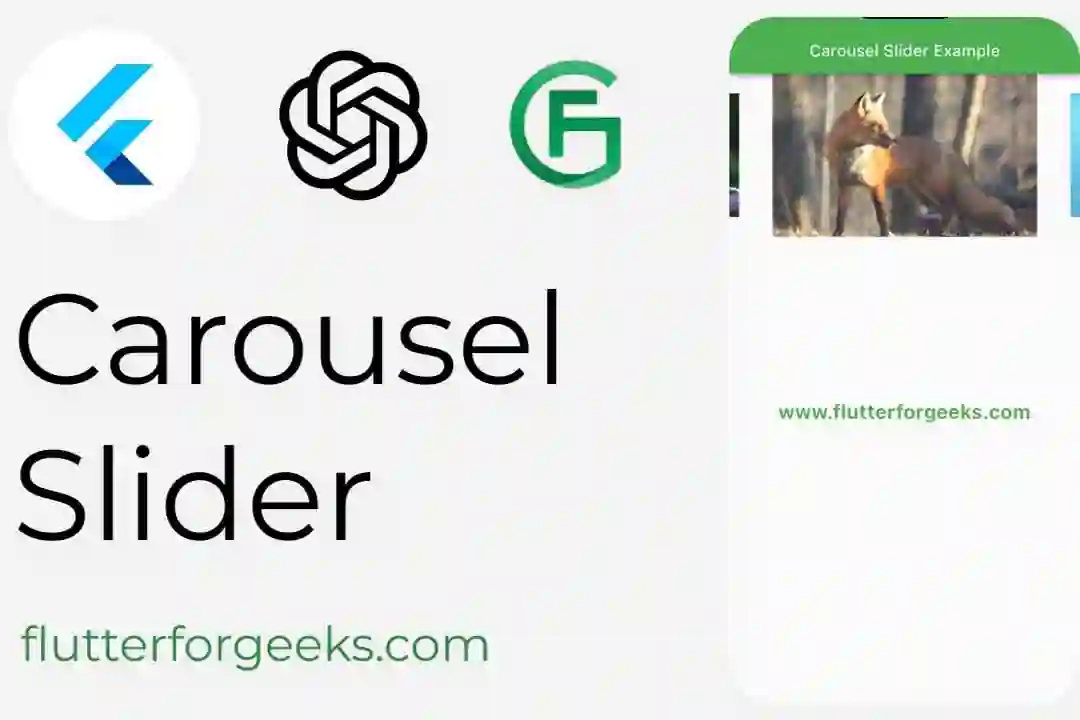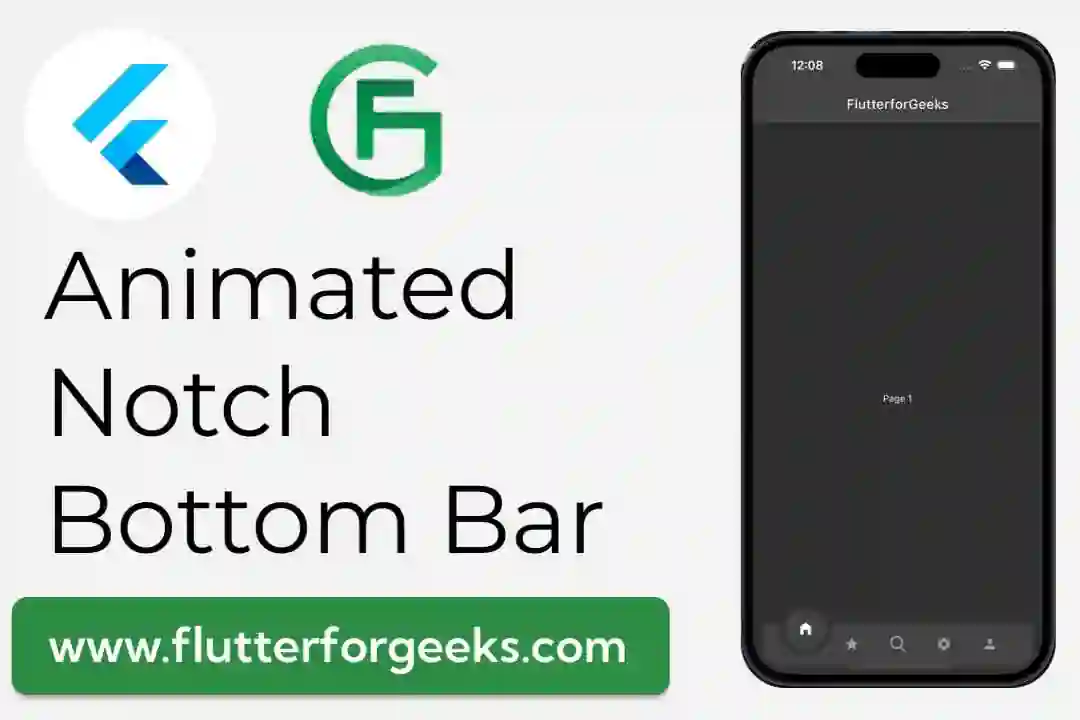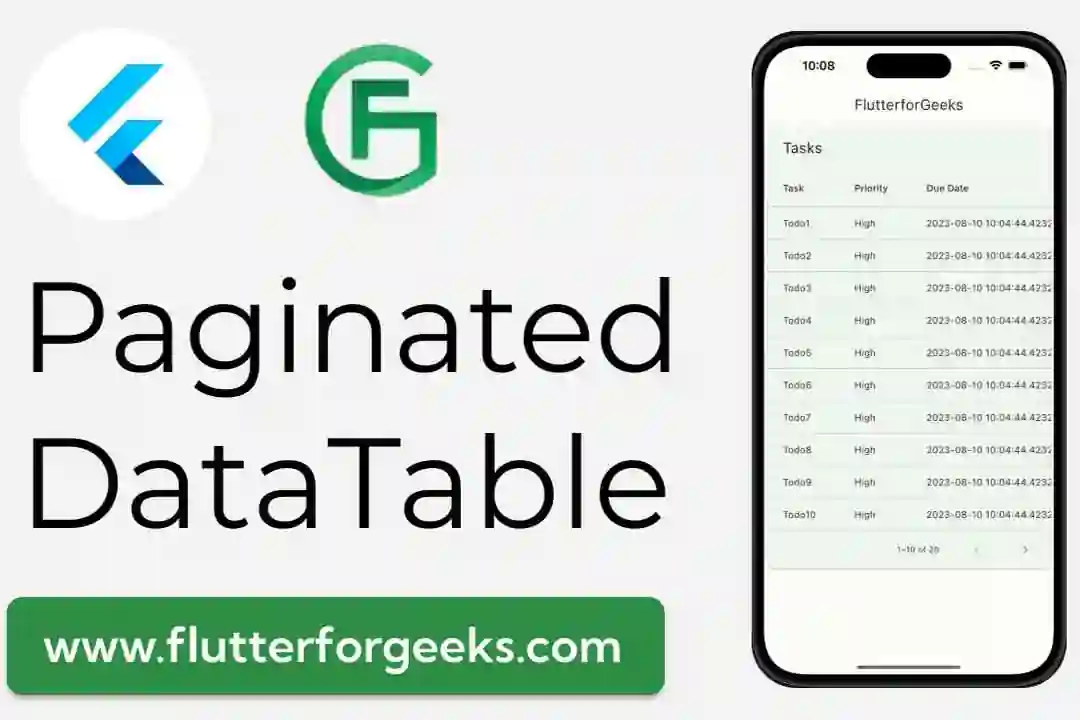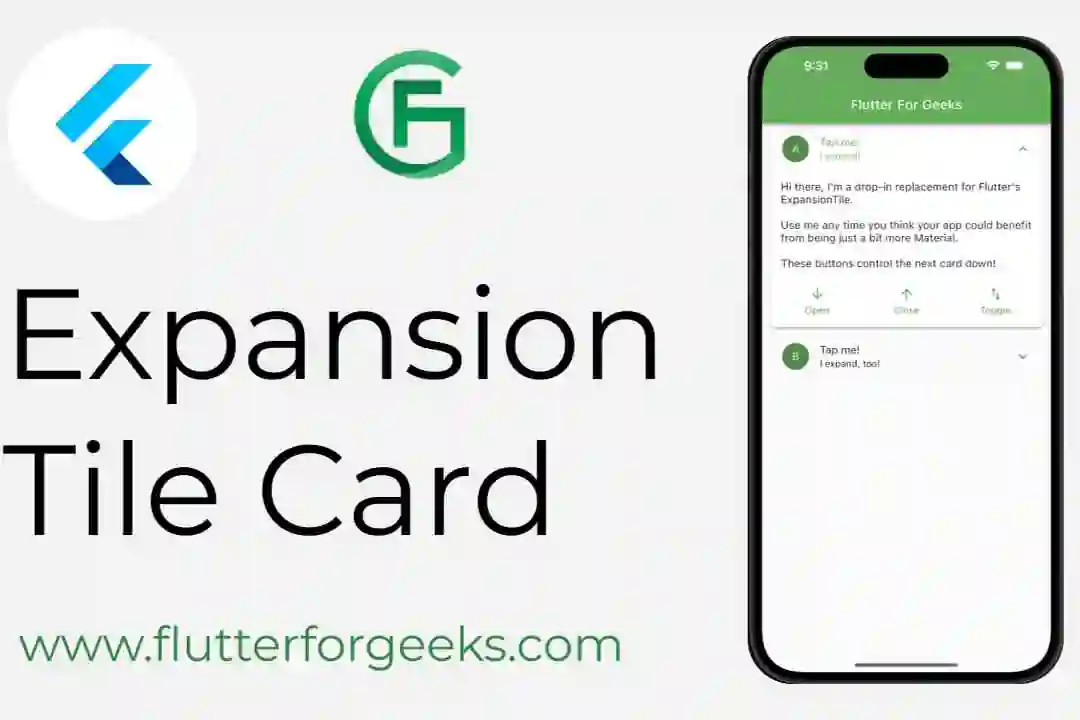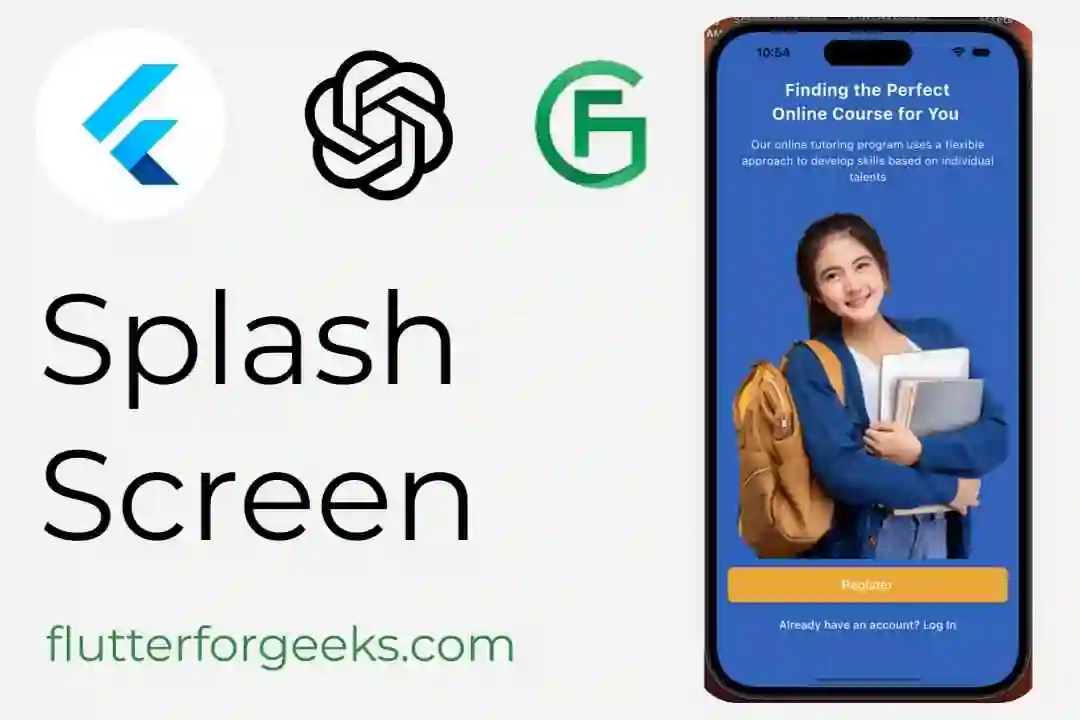Are you gearing up for a Flutter developer interview? To help you ace your upcoming interview, we've compiled a comprehensive list of the top 50 Flutter interview questions along with detailed answers. These questions cover a range of topics, from basic concepts to advanced techniques, ensuring you're well-prepared for any technical discussion.
Basic Concepts
1. What is Flutter?
Flutter is an open-source UI software development toolkit by Google, used for building natively compiled applications for mobile, web, and desktop from a single codebase.
2. Explain the Hot Reload feature in Flutter.
Hot Reload allows developers to instantly see the effects of code changes during development. It updates the UI in real-time without the need to restart the entire application.
3. What is the difference between StatelessWidget and StatefulWidget?
StatelessWidget is immutable and does not have internal state, while StatefulWidget can hold a mutable state that can change over time.
4. Explain the purpose of the pubspec.yaml file in Flutter.
The pubspec.yaml file is a configuration file that defines the metadata and dependencies for a Flutter project. It specifies the project name, version, dependencies, and other essential information.
5. What is the purpose of the BuildContext in Flutter?
BuildContext is a handle to the location of a widget in the widget tree. It is used to find the nearest instance of a particular type of widget and to navigate the widget tree.
Widget Tree and Layout
6. Explain the widget tree in Flutter.
The widget tree in Flutter is a hierarchical structure of widgets that represent the user interface of an application. It defines the layout and appearance of the UI components.
7. What is the role of the Scaffold widget in Flutter?
The Scaffold widget provides a basic visual structure for an application, including an app bar, a floating action button, and a body for the main content.
8. How does the Column widget differ from the Row widget in Flutter?
Column arranges its children vertically, while Row arranges its children horizontally.
9. Explain the Expanded widget in Flutter.
The Expanded widget is used to make a child of a Row, Column, or Flex widget take up the available space along the main axis.
10. What is the purpose of the Stack widget in Flutter?
The Stack widget allows you to overlay widgets on top of each other. It's useful for creating complex layouts where widgets can be positioned relative to each other.
State Management
11. Explain setState() in Flutter.
setState() is a method used in StatefulWidget to trigger a rebuild of the widget tree. It marks the widget as dirty, causing Flutter to call its build() method again.
12. What is Provider in Flutter?
Provider is a state management solution for Flutter that allows you to efficiently propagate changes down the widget tree.
13. Explain the BLoC pattern in Flutter.
BLoC (Business Logic Component) is an architectural pattern that separates the business logic from the UI. It uses streams to handle data flow.
14. What is InheritedWidget in Flutter?
InheritedWidget is a special widget in Flutter that allows data to be propagated down the widget tree without having to pass it explicitly to each child.
15. Explain the purpose of the ValueNotifier class in Flutter.
ValueNotifier is a simple way to create reactive values in Flutter. It can be used to hold a value and automatically trigger a rebuild when the value changes.
Networking and APIs
16. How do you make an HTTP request in Flutter?
You can make HTTP requests in Flutter using the http package or by using the Dio package for more advanced functionality.
17. What is a Future in Dart, and how is it used in Flutter?
A Future represents a potential value, or error, that will be available at some time in the future. It is used to handle asynchronous operations in Dart and Flutter.
18. Explain the purpose of the async and await keywords in Dart.
async is used to mark a function as asynchronous, allowing it to use await to wait for the result of a Future without blocking the event loop.
19. What is JSON parsing, and how is it done in Flutter?
JSON parsing is the process of converting a JSON string into Dart objects. Flutter provides built-in support for JSON parsing using the dart:convert library.
20. How do you handle errors when making network requests in Flutter?
Errors when making network requests in Flutter can be handled using try, catch, and finally blocks to gracefully handle exceptions and errors.
Testing in Flutter
21. What is widget testing in Flutter?
Widget testing in Flutter involves writing test cases to ensure that UI components (widgets) in your application behave as expected.
22. Explain the purpose of the tester object in Flutter testing.
The tester object in Flutter testing provides methods for interacting with widgets in the test environment, allowing you to simulate user interactions.
23. What is the purpose of the find function in Flutter widget testing?
The find function is used to locate widgets in the widget tree during testing. It returns a Finder object that can be used to interact with the widget.
24. How do you simulate user interactions in widget testing?
User interactions can be simulated in widget testing using methods like tap(), enterText(), scroll() provided by the tester object.
25. What is the purpose of the expect function in Flutter testing?
The expect function is used to assert that a certain condition is true during a test. If the condition is false, the test will fail.
Advanced Topics
26. Explain the purpose of the Key property in Flutter.
The Key property is used to uniquely identify widgets, especially when working with lists or when widgets need to maintain their state across rebuilds.
27. What is the purpose of the Hero animation in Flutter?
The Hero animation is used to animate transitions between two screens by smoothly animating a widget from one screen to another.
28. What are custom painters in Flutter?
Custom painters allow you to create complex and custom shapes by painting on a canvas. They are useful for creating custom UI elements.
29. Explain the purpose of the NotificationListener widget in Flutter.
The NotificationListener widget allows you to listen for notifications that bubble up the widget tree, providing a way to intercept and handle them.
30. What is platform channel communication in Flutter?
Platform channel communication allows Flutter apps to interact with native code on the host platform (iOS or Android) by using platform-specific code.
Conclusion
These are just a few of the key Flutter interview questions you might encounter in your job search. Remember, understanding the fundamentals, practicing coding exercises, and being able to explain your thought process clearly are equally important. Best of luck in your Flutter developer interviews!
